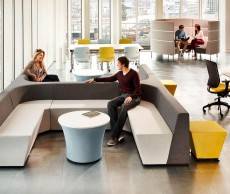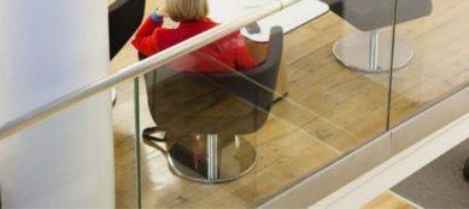February 5, 2016
What the commercial property market tells us about trends in office design 0
It’s become commonplace in recent years for certain people to foresee the death of the office. The problem with this argument is that, in spite of its drawbacks, office life maintains an attraction for both employers and employees and there will always be an upper limit on how long people want to spend away from other people. Things are changing but the death of the office is a myth. As we’ve known for at least a quarter of a century, there is no absolute need for us to go to work at all. Theoretically we could just do away with offices completely if we wanted to. But as we have seen, the fact we have evolved technology to the point where we could forget about bricks and mortar, doesn’t necessarily mean we will. Not only are there practical reasons for offices to continue to exist, there are emotive ones too. If you want evidence of this, look no further than the records currently being set by the UK’s commercial property markets.


































February 5, 2016
Embracing the inevitable rise of the robots in the workplace 0
by Gary Chandler • Comment, Flexible working, Technology, Workplace design
(more…)